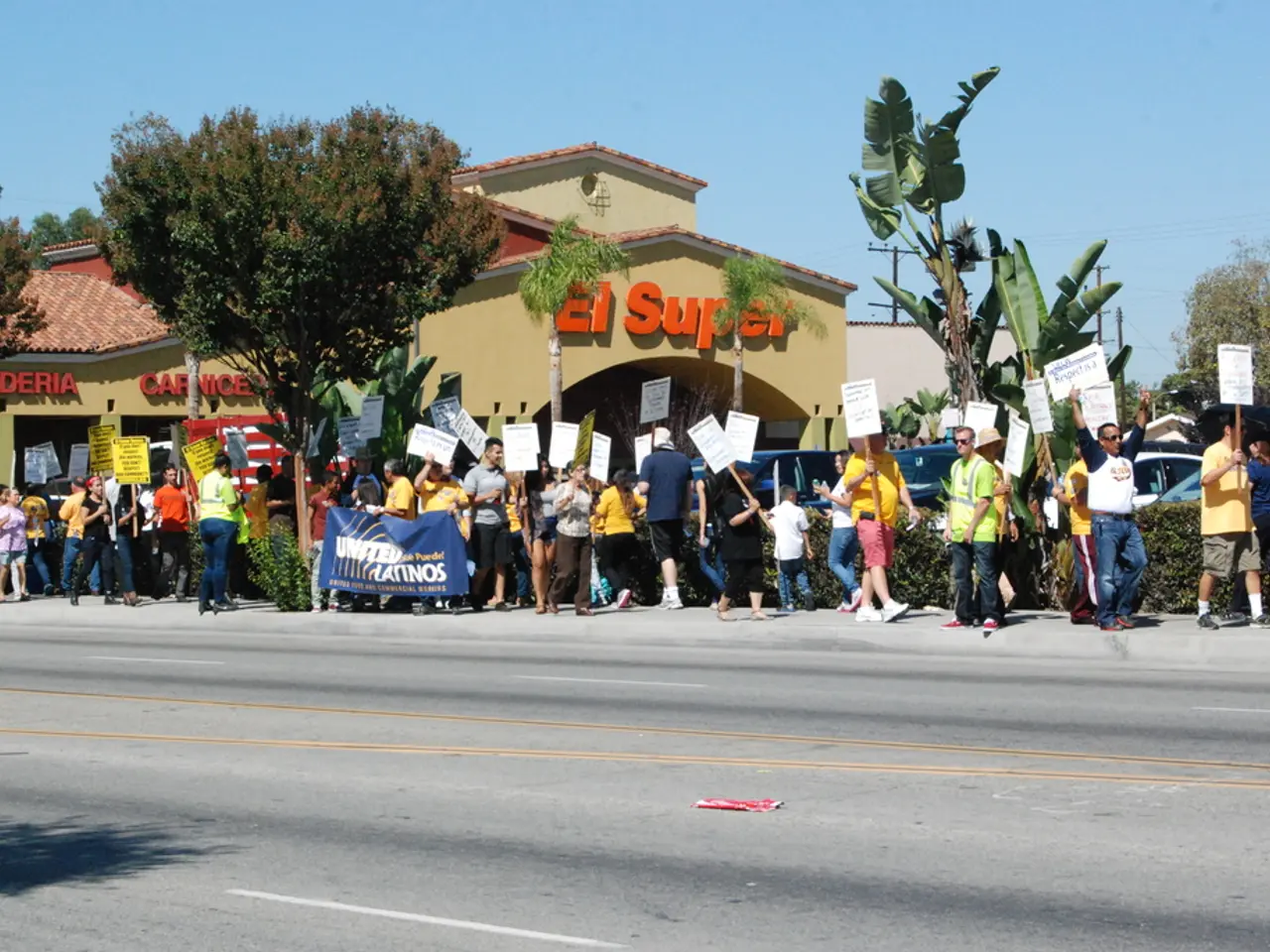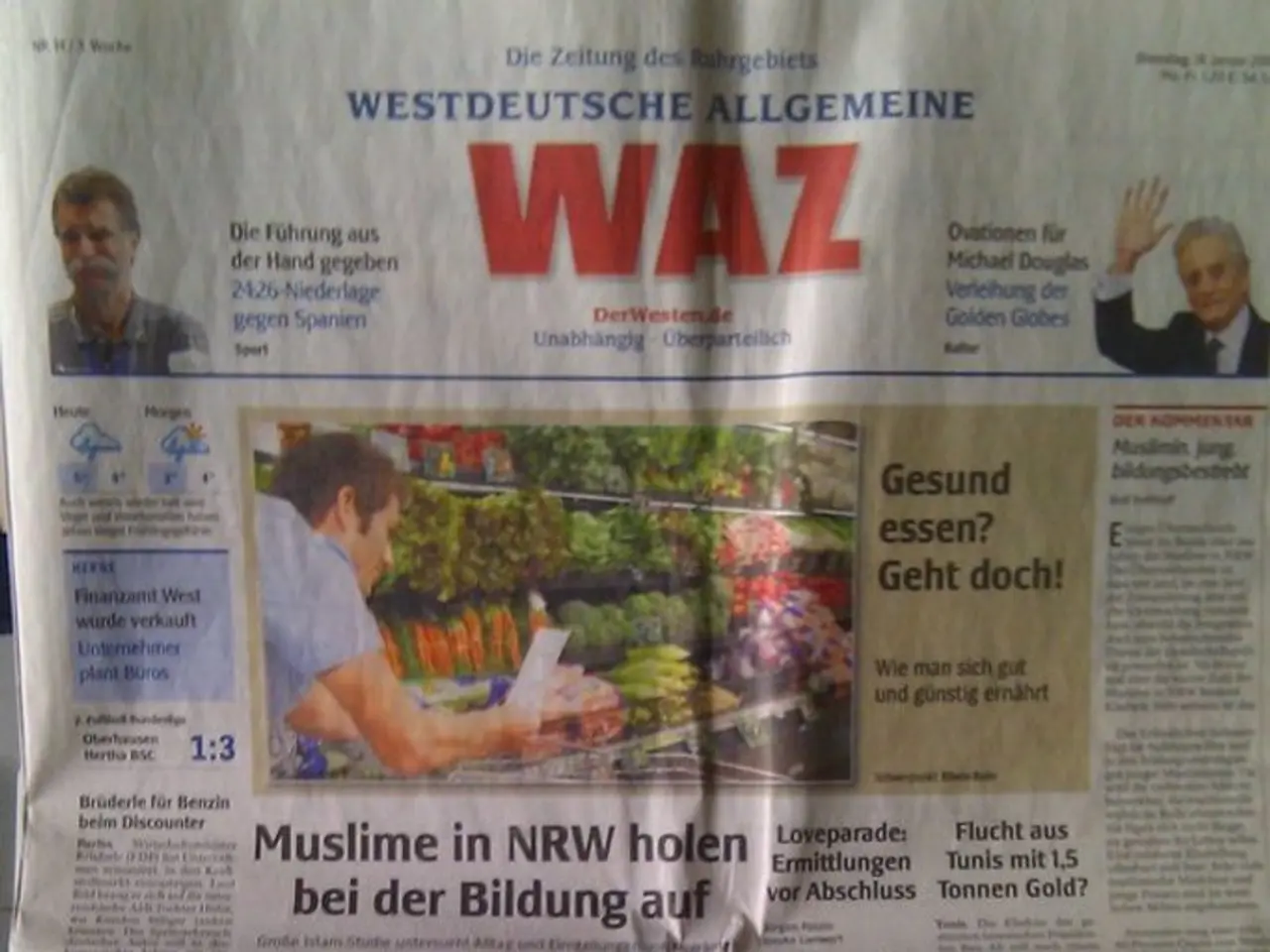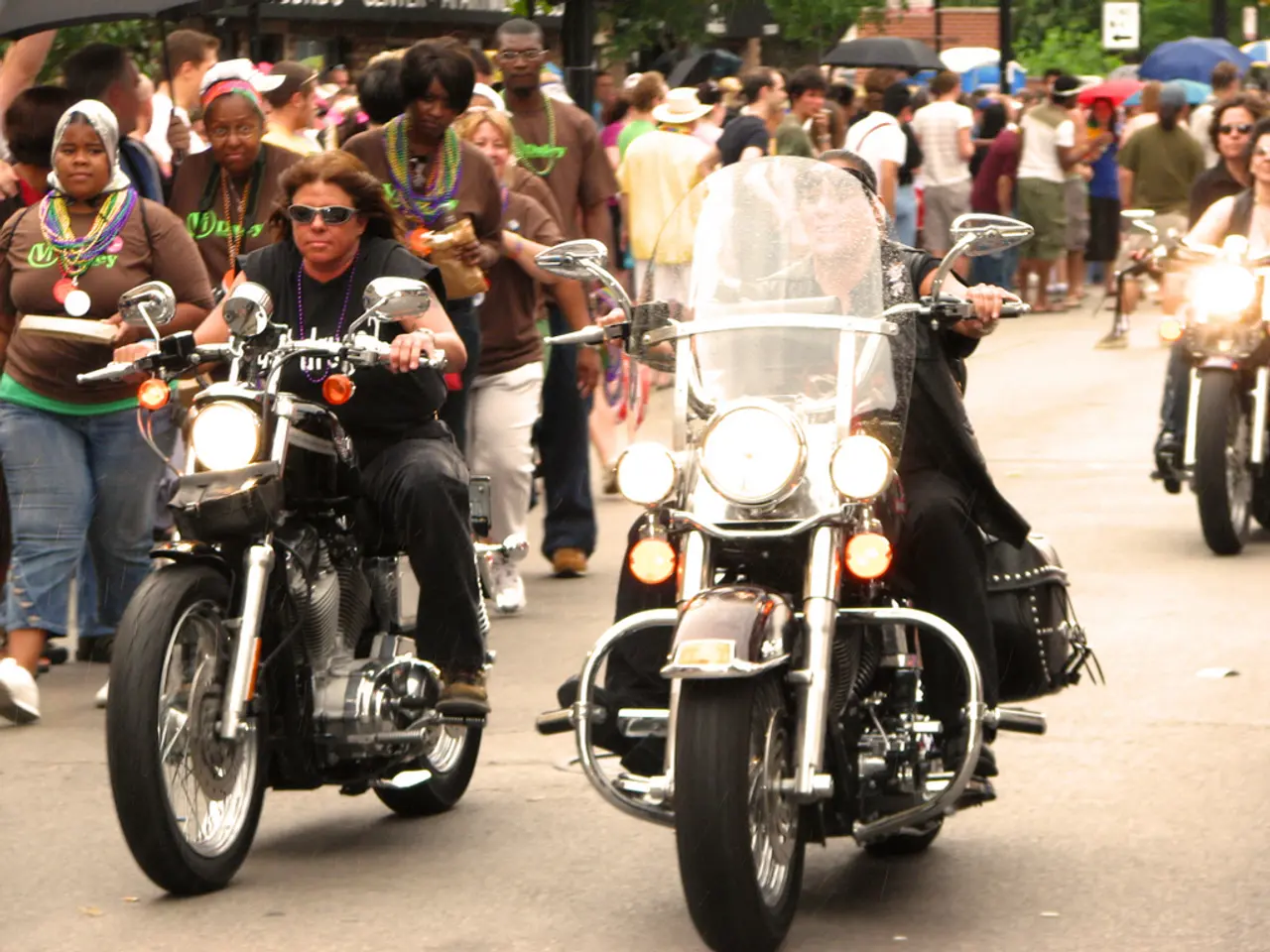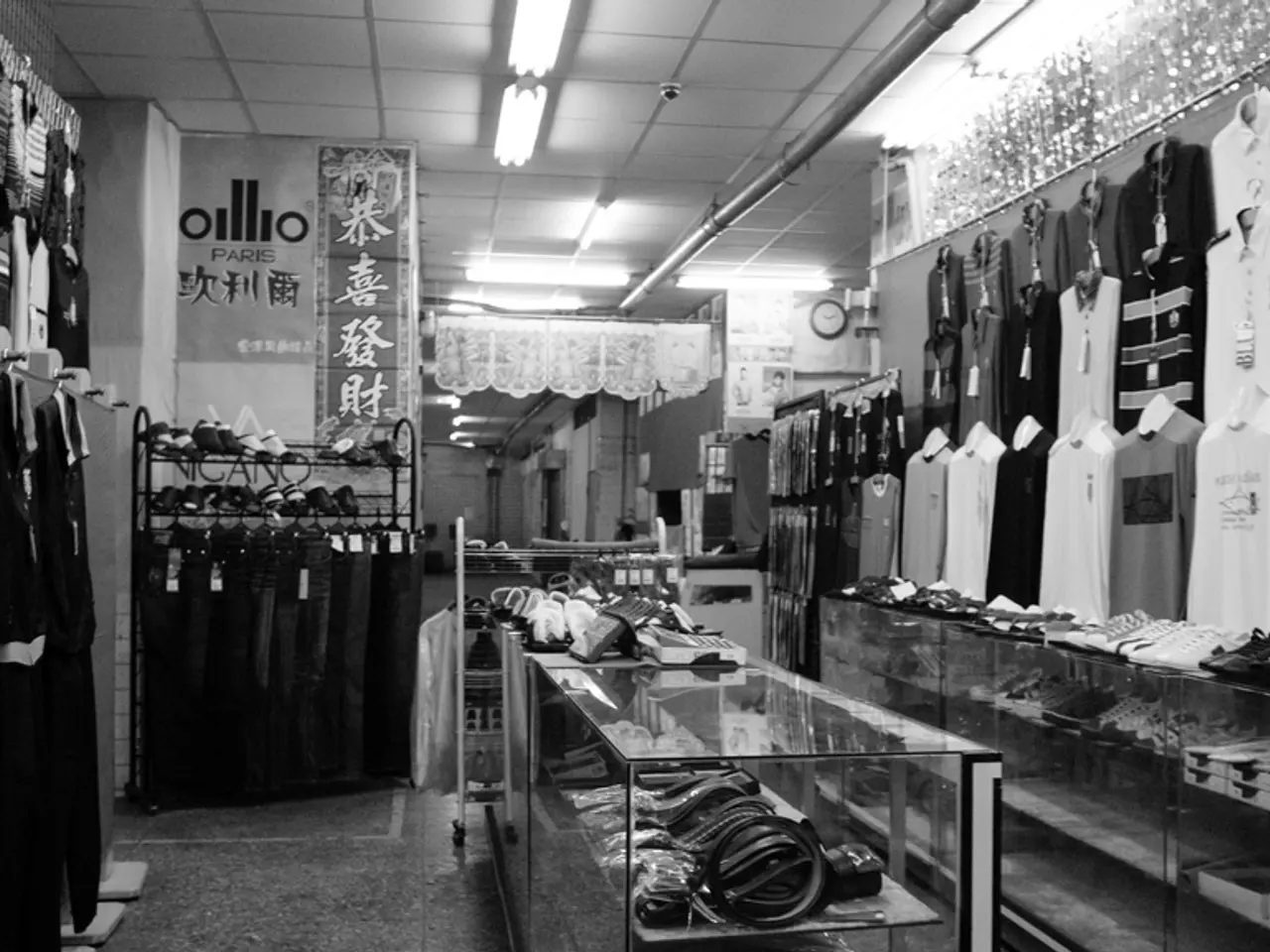Protest for Freedom: Focus on Human Rights in Hong Kong, as Chow Hang-Tung Freed
In recent communications to the Chinese government, United Nations (UN) experts have expressed deep concerns about the use of the National Security Law (NSL) in Hong Kong. The NSL, enacted in 2020, has been criticised for its role in limiting protests and curbing criticism by civil society and human rights defenders.
The NSL sets out four areas of criminal offenses - "secession," "subversion," "terrorism," and "collusion with foreign or external forces to endanger national security" - with a maximum penalty of life imprisonment. UN experts have urged a reinvigoration of an independent judiciary in Hong Kong and a pause in applying the NSL.
One of the key concerns raised by the UN experts is the improper use of terrorist acts and sedition offenses, which they argue undermines the integrity of legal standards and weakens binding international law norms. This cheapening of such offenses is deeply troubling, as it limits protests and curbs criticism by civil society and human rights defenders.
The UN experts' concerns are not limited to the NSL's broad definitions of offenses. They have also raised concerns over the "foreign agent" qualification under the NSL, which refers to funding received from foreign governments and activities benefiting them. UN experts have called on the government to ensure that associations seek, receive, and use funding from foreign or international sources without undue impediments.
These concerns have come to the forefront after the arrest of Chow Hang-tung, a human rights lawyer and member of the Hong Kong Alliance, on September 8, 2021. Chow, who was vice-chair of the now-defunct Hong Kong Alliance in Support of the Patriotic Democratic Movements of China, was arrested for organizing a Tiananmen vigil and is facing baseless subversion charges. The experts argue that such arrests punish her for exercising rights to freedom of expression and peaceful assembly, violating international human rights standards.
The UN experts have communicated their concerns about Chow Hang-tung's arrest, as well as the broader implications of the NSL, in a detailed written analysis submitted to the Chinese government. They have urged authorities to refrain from using the NSL and to reconsider its application, calling for a fundamental reconsideration of the use of the NSL in Hong Kong.
These concerns align with broader UN criticisms, such as the United Nations Working Group on Arbitrary Detention’s findings regarding other pro-democracy figures detained under the NSL, pointing to arbitrary detention, denial of fair trial rights, and political interference as systematic issues. These experts call for immediate and unconditional release, reparations, and urgent reform of Hong Kong’s laws to comply with international human rights obligations.
The UN experts' concerns underscore the need for a careful and considered approach to the implementation of the National Security Law in Hong Kong, ensuring that it respects and upholds international human rights standards.
- The UN experts' concerns extend beyond Chow Hang-tung's arrest, as they also highlight the impact of the National Security Law (NSL) on general-news, history, and politics, particularly freedom of expression and peaceful assembly.
- Given the role of the NSL in limiting protests and curbing criticism by civil society and human rights defenders, the UN experts urge the Chinese government to reconsider its application of the law in the realm of opinion and entertainment.
- The UN experts' call for the Chinese government to respect and uphold international human rights standards extends to all areas, including the prosecution of foreign agents under the NSL, which is a matter of concern for international law and general-news discussions on global politics.








